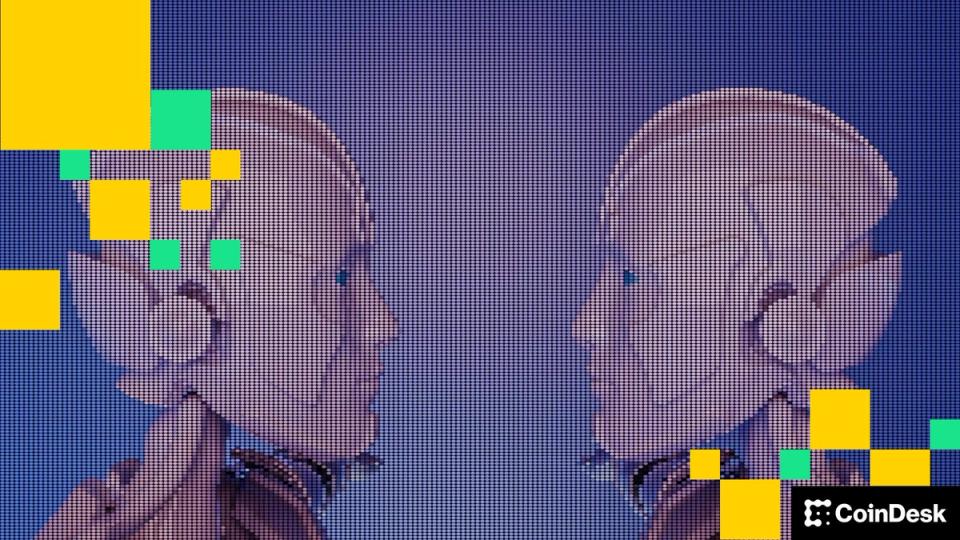Bridging the Mental Health Gap: AI Chatbots as Emerging Therapeutic Aids

In an era where mental health challenges are on the rise, the intersection of technology and psychology is becoming increasingly crucial. The advent of AI chatbots in therapy presents a significant shift in how mental health services are accessed and delivered. This development is not only a response to the growing inaccessibility of traditional therapy but also a reflection of the evolving landscape of mental healthcare.
The decline of traditional therapy access
The introduction of AI chatbots into the mental health sector is a response to several critical challenges. Traditional therapy faces obstacles like the decline of community mental health centers, financial barriers, and geographical limitations. A study in BMC Psychiatry highlights a 14% decrease in community mental health centers in the United States from 2014 to 2017, alongside a 9.7% increase in suicide rates. AI chatbots emerge as a potential solution to bridge these gaps.
These AI-driven tools use machine learning to mimic human conversation, offering support and intervention based on cognitive-behavioral therapy principles. Their 24/7 availability addresses the issue of accessibility, allowing individuals to receive support regardless of time or location constraints. Research in Academic Psychiatry shows that these chatbots can effectively reduce symptoms of depression and anxiety.
The human touch versus AI efficiency
Despite AI’s promising aspects in therapy, the role of human therapists remains crucial. AI chatbots, while efficient, cannot fully replicate the empathetic connection and deep understanding that human therapists provide. Their use is more suited to routine check-ins, immediate assistance, or skill-building exercises. In contrast, human therapists are essential for handling complex mental health issues, providing personalized care, and establishing emotional connections.
The integration of AI in therapy should be approached with caution, ensuring that technology augments rather than replaces human interaction. The goal is not to eliminate human therapists but to use AI to enhance mental health services’ overall efficacy.
A harmonious coexistence: The future of mental healthcare
Looking ahead, the integration of AI into mental healthcare suggests a future where technology and human expertise coexist. The decision to use AI or human therapists depends on individual needs and the nature of mental health concerns. In some cases, a combination of both may offer the most comprehensive care. This approach allows for the scalability of mental health services, reaching individuals in remote areas while also providing the depth of care that only human therapists can offer.
The emergence of AI chatbots in mental healthcare is a transformative development. It addresses critical accessibility issues and opens new avenues for support and therapy. However, the human aspect of therapy remains indispensable. The future of mental health care lies in a balanced integration of technology and the human touch, ensuring that individuals receive the right kind of support at the right time.
Read More

Blockchain Will Drive the Agent-to-Agent AI Marketplace Boom
Bridging the Mental Health Gap: AI Chatbots as Emerging Therapeutic Aids

In an era where mental health challenges are on the rise, the intersection of technology and psychology is becoming increasingly crucial. The advent of AI chatbots in therapy presents a significant shift in how mental health services are accessed and delivered. This development is not only a response to the growing inaccessibility of traditional therapy but also a reflection of the evolving landscape of mental healthcare.
The decline of traditional therapy access
The introduction of AI chatbots into the mental health sector is a response to several critical challenges. Traditional therapy faces obstacles like the decline of community mental health centers, financial barriers, and geographical limitations. A study in BMC Psychiatry highlights a 14% decrease in community mental health centers in the United States from 2014 to 2017, alongside a 9.7% increase in suicide rates. AI chatbots emerge as a potential solution to bridge these gaps.
These AI-driven tools use machine learning to mimic human conversation, offering support and intervention based on cognitive-behavioral therapy principles. Their 24/7 availability addresses the issue of accessibility, allowing individuals to receive support regardless of time or location constraints. Research in Academic Psychiatry shows that these chatbots can effectively reduce symptoms of depression and anxiety.
The human touch versus AI efficiency
Despite AI’s promising aspects in therapy, the role of human therapists remains crucial. AI chatbots, while efficient, cannot fully replicate the empathetic connection and deep understanding that human therapists provide. Their use is more suited to routine check-ins, immediate assistance, or skill-building exercises. In contrast, human therapists are essential for handling complex mental health issues, providing personalized care, and establishing emotional connections.
The integration of AI in therapy should be approached with caution, ensuring that technology augments rather than replaces human interaction. The goal is not to eliminate human therapists but to use AI to enhance mental health services’ overall efficacy.
A harmonious coexistence: The future of mental healthcare
Looking ahead, the integration of AI into mental healthcare suggests a future where technology and human expertise coexist. The decision to use AI or human therapists depends on individual needs and the nature of mental health concerns. In some cases, a combination of both may offer the most comprehensive care. This approach allows for the scalability of mental health services, reaching individuals in remote areas while also providing the depth of care that only human therapists can offer.
The emergence of AI chatbots in mental healthcare is a transformative development. It addresses critical accessibility issues and opens new avenues for support and therapy. However, the human aspect of therapy remains indispensable. The future of mental health care lies in a balanced integration of technology and the human touch, ensuring that individuals receive the right kind of support at the right time.
Read More

